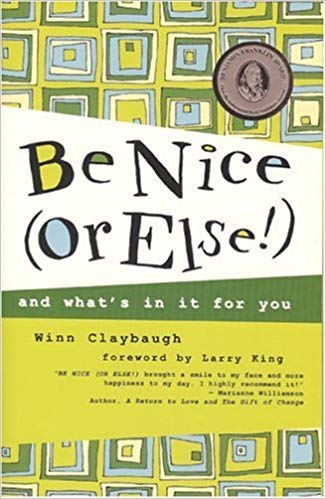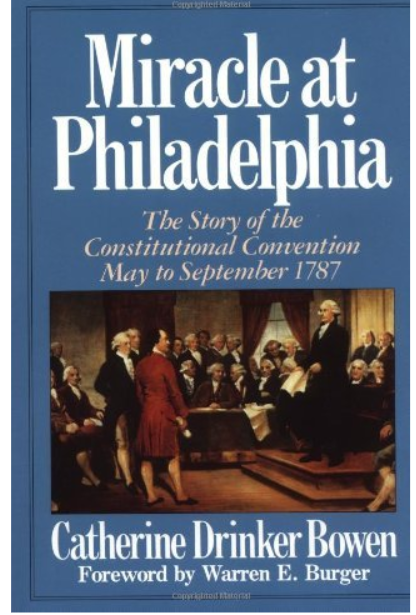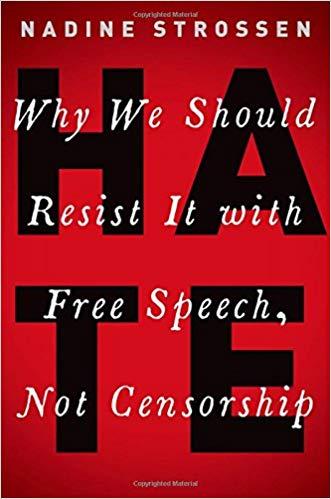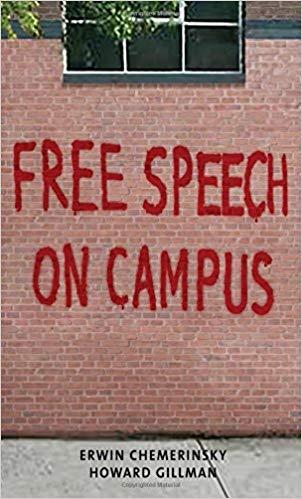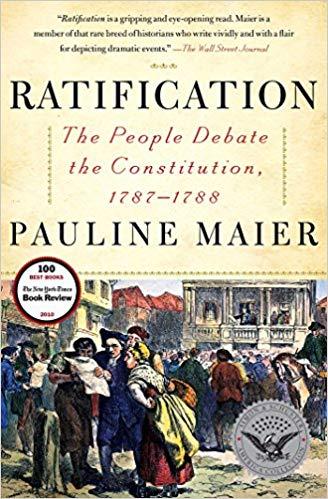Be Nice (or Else!) by Winn Claybaugh
This delightful, easy to read resource identifies the factors that keep people from being nice—and how to overcome them. It also offers insight and direction on how to:
First, learn how to be nice to yourself
Defuse people and handle someone who is mean to you
Create and expand your circle of nice
Identify the things that can keep you from being nice
Implement a BE NICE culture in the home, workplace, and community
Plus hundreds of tips and advice on how to be nice to everyone, including co-workers, family
members, strangers, service people, the elderly, and even people who aren’t nice to you.
Love Your Enemies by Arthur Brooks
Arthur Brooks boldly confronts the growing division and anger that dominate our politics and increasingly other aspects of our lives. As both an academic and practical observer of American culture and politics and President of the American Enterprise Institute, Brooks identifies an “outrage industrial complex” that prospers by creating a “culture of contempt” – the habit of seeing people who disagree with us not as merely incorrect, but as worthless and defective. He demonstrates convincingly that abuse and outrage are not the right formula for lasting success, but that getting us to agree more with each other is not the answer. After all, disagreement is the secret to success. Moreover, competition and cooperation are not opposites; rather, they are not only compatible, but each is necessary.
Miracle at Philadelphia: The Story of the Constitutional Convention May – September 1787 by Catherine Drinker-Bowen
This is a classic “must read” narrative account for the Constitutional Convention during which delegates from 12 of the 13 newly independent American states created the framework which gave birth to a new nation. Working from diaries and notes of delegates who attended the Convention and contemporary newspapers and pamphlets, Bowen provides an almost daily account of the debates and the issues that threatened to disrupt the proceedings and even prevent the establishment of the United States – slavery, rivalry between large and small states, and competition between north and south.
Hate: Why We Should Resist It with Free Speech, Not Censorship by Nadine Strossen
A Professor of Constitutional Law and the first woman national President of the American Civil Liberties Union, Nadine Strossen provides a thoughtful and powerful essay of interest to political conservatives and liberals alike – dispelling misunderstandings plaguing our perennial debates about “hate speech v. free speech.”
Reviewing U. S. law as well as citing hate-speech laws in other countries, Strossen argues that the best way to resist hate and promote equality is not censorship, but rather, vigorous “counter-speech” and activism. She concludes that “the progress we already have made [with respect to liberty, equality, democracy, individual well-being and societal harmony] – through more speech, not less – should encourage us to stay the course. All of us must exercise what it the most essential right of all, for promoting these vital causes: the right not to remain silent.
View a conversation with Nadine Strossen: https://youtu.be/1W127aKzgoU
Free Speech on Campus by Erwin Chemerinsky and Howard Gillman
In the mid-1960s the Free Speech Movement became a symbol of student activism. The University of California Berkeley was at the heart of the movement. Today, at many colleges and universities, including Berkeley, efforts to disrupt, resist, punish and even silence speech are growing, creating tension and even violence on many campuses.
Erwin Chemerinsky, Professor of Law at the University of California, and Howard Gillman, Chancellor of the University of California Irvine, both Co-Chairs of the Advisory Board of the University of California’s new National Center for Free Speech and Civic Engagement, argue that campuses must provide supportive learning environments for an increasingly diverse student body, but can never restrict the expression of ideas. They provide historical background and support for understanding the importance of free speech on campus and offer thoughts on how colleges can address free speech controversies.
Ratification: The People Debate the Constitution, 1787 – 1788 by Pauline Maier
Drafting the Constitution was difficult, devising compromises between small and large states, industrial v. agrarian interests, and more, including the most controversial issue of all – slavery. But when the Constitutional Convention adjourned, its work resulted in a proposal only. Unless approved (ratified) by at least nine of the thirteen states, it would not go into effect. In fact, there was serious opposition to the Constitution and two states did not ratify until after the First Congress convened on March 4, 1789, and George Washington inaugurated as President on April 30, 1789.
Ratification was messy and noisy. The “Federalist Papers” argued the case for ratification. Arguments in coffee houses and taverns were vigorous. Women joined the debate in their parlors. Newspapers and pamphlets espoused a variety of views. Demands for protection of rights fought for during the Revolutionary War were central to the discussion. To really understand the history and meaning of the Constitution, it is essential to understand ratification.
